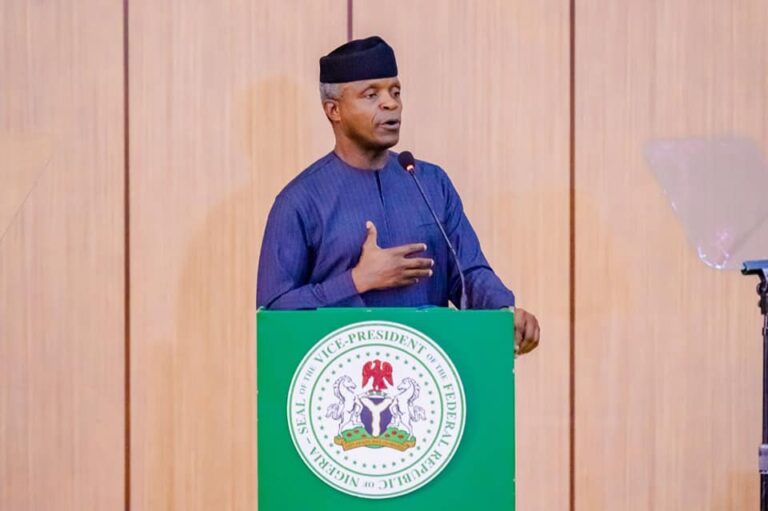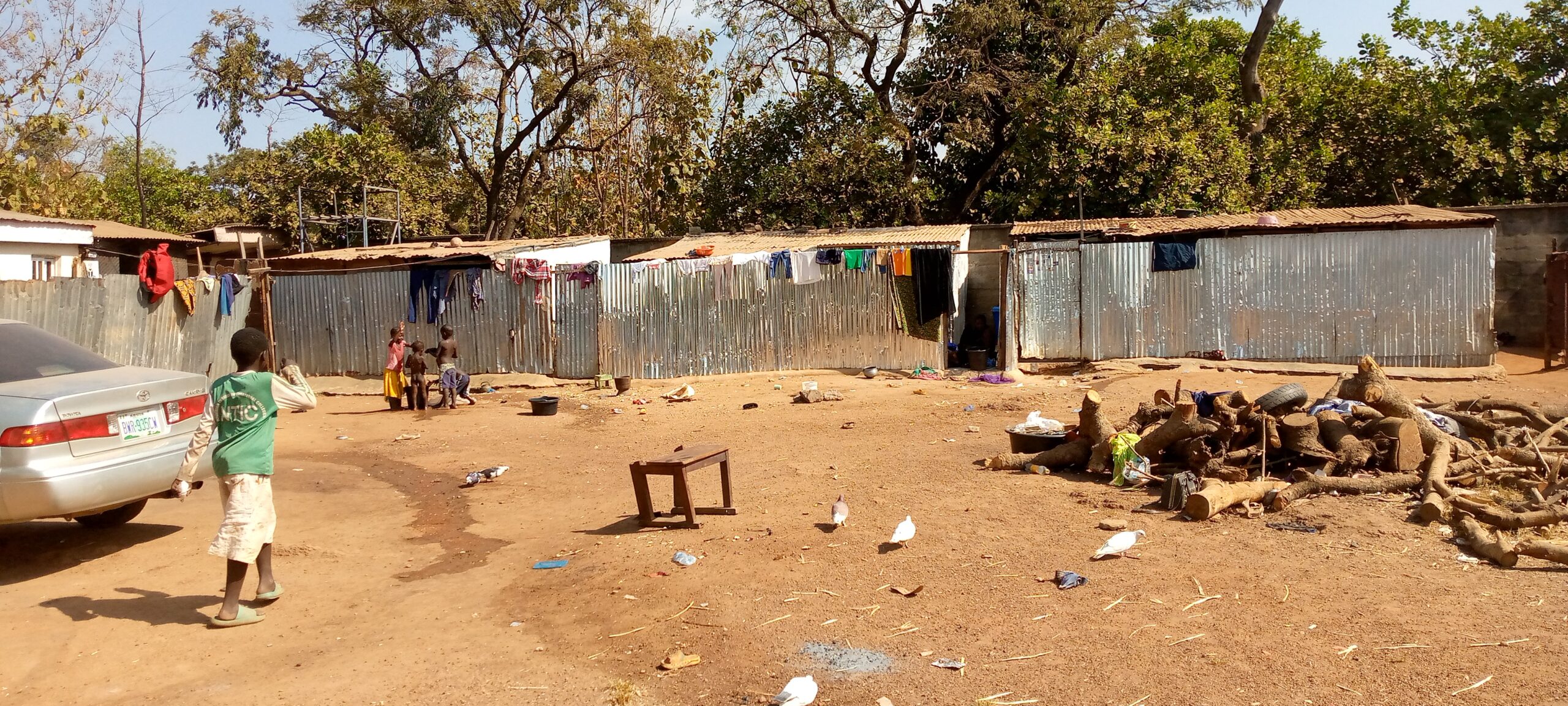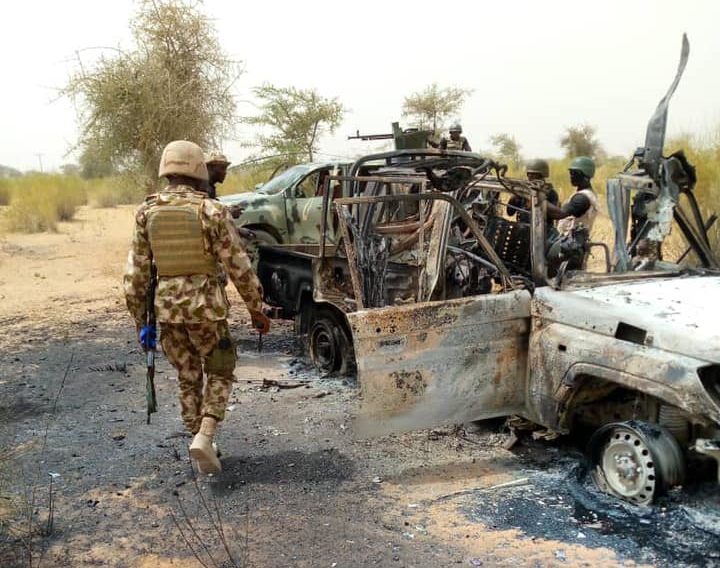Democracy, power struggle, and Kogi elections
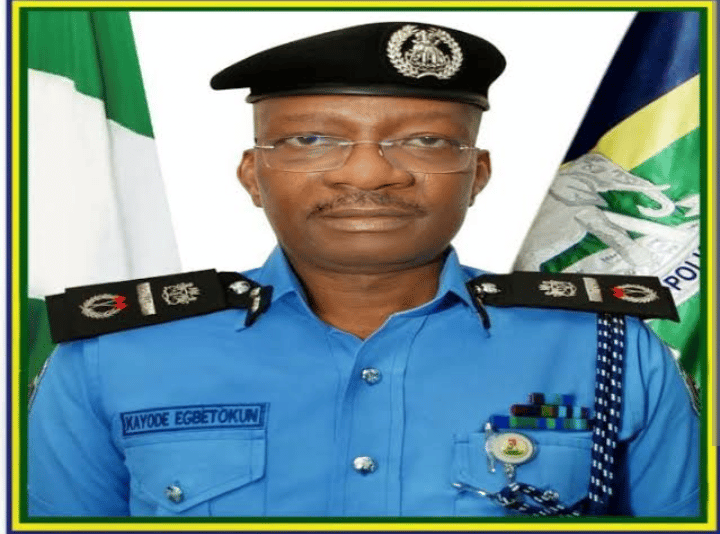
By Theophilus Abbah
Key points
-
Forth coming Kogi election is taking the form of a murderous power struggle
-
The Police seldom make arrest of suspects involved in violent acts against opposition political parties
-
Criminals emboldened to shed blood and wreak havoc on perceived opponents of the APC as Police look away
-
The disposition of the police and INEC determines a free and fair election
-
INEC and Police must tame their greed and allow the will of the people to prevail in the coming elections
Democracy and power struggle are two routes to the seat of power, but their textures are different as their routes are diametrically opposed to each other. The imagery that emanates from the sense of democracy is that of a friction-free process, lubricated by the free will of the great majority, who celebrate the ascension of their preferred political candidates to exalted executive or legislative positions. On the other hand, the sense of power struggle evokes an atmosphere of violence, bribery, arm-twisting, compulsion, mischief, abuse of process, conspiracy, and other vicious elements that a true democracy cannot accommodate.
Police equipment, including a helicopter, was used to intimidate voters
The governorship election underway in Kogi State on November 11, 2023, is taking the form of a murderous power struggle rather than a democratic process, in view of the vicious and bloody attacks and senseless carnage that have heralded the poll. It does not take a flight from one continent to another to discover evidence of the acrimony that has created apprehension and doubts in the minds of the people of Kogi State. Anyone who cares to use the tip of their fingers to type ‘political violence in Kogi State’ on Google.com will be intimidated by the massive list of reports and analyses that will erupt from their devices. Examples of violent attacks on candidates, party leaders, headquarters, homes of supporters, vehicles, and agents in Kogi State compete for space on the Internet.
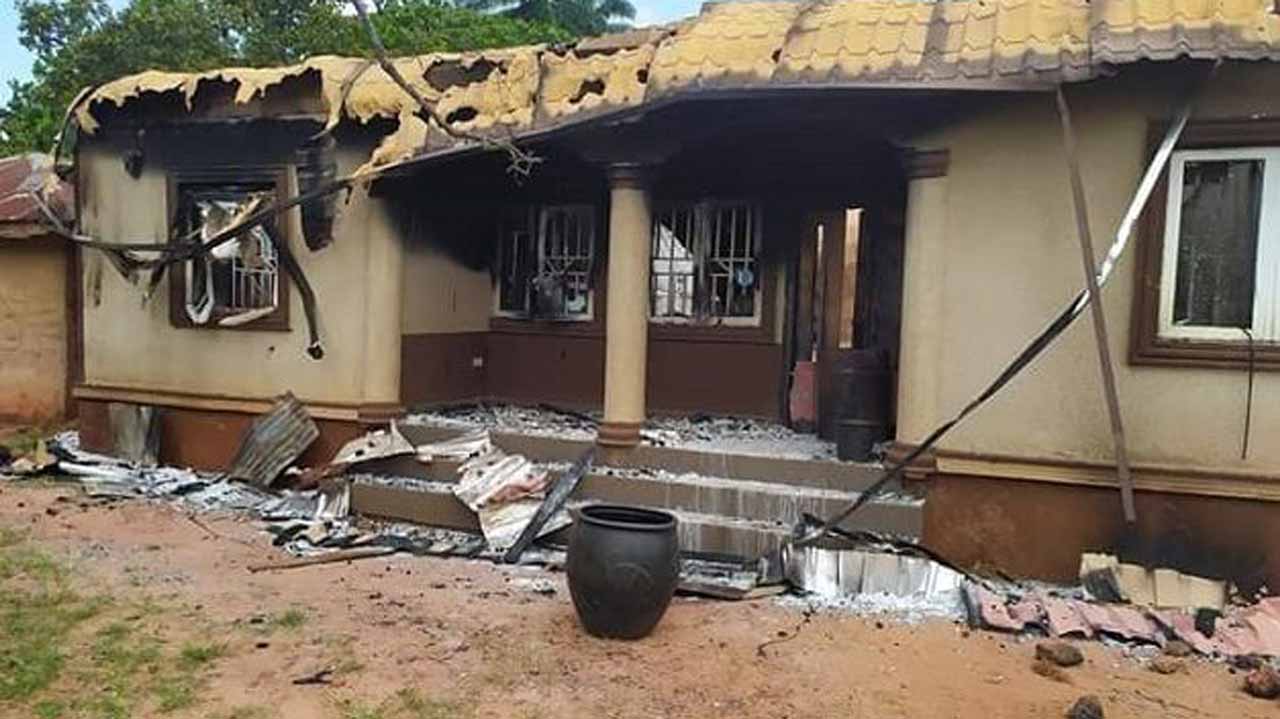
Home of PDP women leader burnt to ashes. Photocredit-The Guardian Nigeria
The question that erupts in the discerning mind in this chaotic atmosphere in Kogi State is: Where are our security agencies? Among the stories about the political violence in the state, there are very few, if any, about the police making arrests of suspects involved in violent acts against opposition political parties. But security operatives are quick to claim to launch preemptive attacks on supporters of opposition parties who are framed up as armed robbers, thugs, or miscreants in society, especially if they jumped ship from the ruling All Progressives Congress (APC) to any other party. As the police have refused to utilize their authority to curtail agents of the ruling party from perpetrating violence, so are criminals emboldened to shed blood and wreak havoc on perceived opponents of the APC, giving the candidate of the ruling party both the advantages of incumbency and lawlessness.
Most of the violent incidents have occurred either in Kogi East or to political candidates of Kogi East Senatorial District. It is simplistic, however, to assume that the geopolitical zone is, therefore, jinxed and prone to violence. No. Indeed, Kogi East is a victim of its electoral value and its numbers, constituting over 50 percent of the voting population of Kogi State. In the last eight years, an attempt to neutralize this advantage has meant instigating political mayhem, violence, and killings, the most pathetic of them being the murder of Salome Abu in November 2019. The woman leader of the Peoples Democratic Party (PDP) in Ofu Local Government Area was burned alive in her own house in Ochadamu two days after the governorship election. Her offense was simply that she mobilized supporters for the PDP’s victory in her community, preventing the APC from rigging the elections in Ochadamu. Five years after the cold-blooded murder of Salome, the police have not come up with an investigative report.
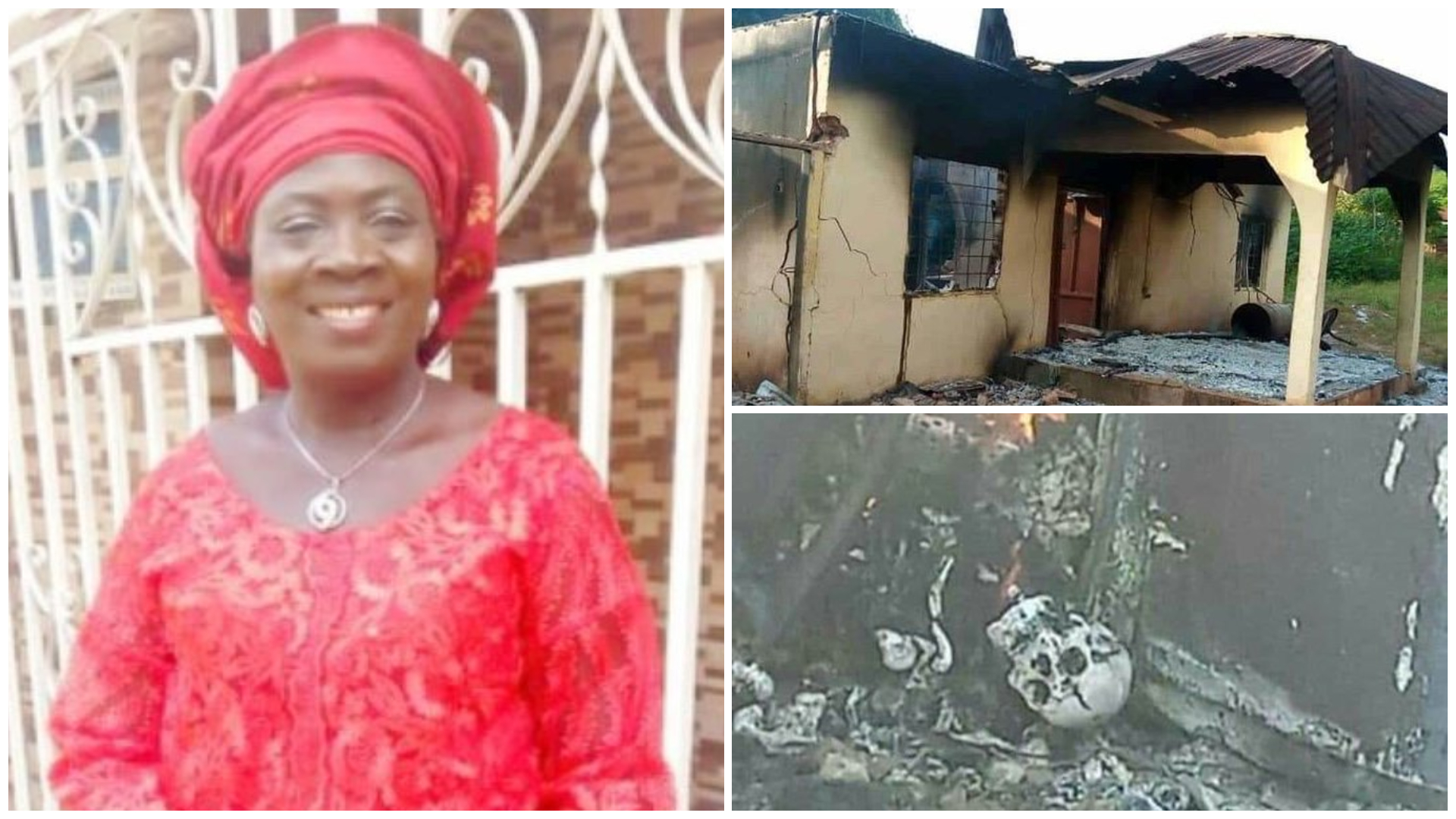
Late Salome Abuh murdered by APC thugs in Ochadamu, Kogi East. Photocredit: online
The police failed the people in that election. Apart from the brutal murder of the PDP woman leader, thugs branded as supporters of the APC and Governor Yahaya Bello engaged in lawlessness not seen in democratic elections. A paragraph from the Situation Room, made of independent election observers, in its report on the 2019 governorship election in Kogi State has the following lines: “Political thugs were observed moving around freely in the company of Police and DSS operatives across many LGAs, contrary to commitments made to the public by the security agencies and an election security operational plan that included restriction of movement.
The police failed the people in that election
“The activities of the thugs caused violence and disrupted the electoral process in several wards visited. These include Lokoja Township in Lokoja LGA; Ganaja in Ajaokuta LGA, Anyigba in Dekina LGA, Ochadamu Ward in Ofu LGA, Oforachi in IgalamelaOdolu LGA, Asuta in Kabba-Bunu LGA, Odole in Mopa Muro LGA, Aiyetoro in Ijumu LGA Obangede in Okehi LGA, Imane in Olamaboro LGA, and Itedo in Yagba East LGA.”
Police equipment, including a helicopter, was used to intimidate voters, as captured in another paragraph of the report, thus: “In the biggest polling unit in the State (PU 009, Ganaja Ward, Ajaokuta LGA), with a total number of 13,425 registered voters, sporadic gun shots from a [a police] helicopter was used to disperse voters. A number of people reportedly sustained varying degrees of injuries from the gun shots. One of these was the lodging of a bullet close to a sensitive part of a 23-year-old girl’s body, who was asleep in a room within a church premises at the time of the shooting.”
The report added that: “Collation was disrupted in some areas in the State. Thugs arrived at Dekina LGA Collation centre during collation process in two (2) vehicles and in company of Policemen to take away ballot boxes, claiming they had been instructed to move ballot boxes to Lokoja from the Collation centre…”
The disposition of the police and INEC determines a free and fair election
For members of the Nigeria Police Force and the Independent National Electoral Commission (INEC), elections are harvest seasons, when illicit lucre comes to them in showers. However, their activities during elections determine the fate of the people, for at least a period of four years, at what time policemen and electoral supervisors at the polls may have exhausted the windfall from corrupt politicians. Perhaps, politicians appreciate the value of security operatives and electoral officials more than those authorized by the law to wield those powers do. Seekers of political positions, like the governorship of a state, may not mind spraying N1 billion on security and electoral officers, knowing too well that such money would be recovered in multiple ways, from monthly allocations from Abuja, to states’ internally generated revenues. However, if, through their lust and greed wrong persons are elected into political positions, as Nigerians have witnessed in our contemporary democratic experience, security agencies and electoral officials will live with the guilt forever.
For the election on Saturday, November 11, 2023, dubious politicians may apply one strategy, which has worked in their favour in recent elections. That is, with support from the police and other security agencies, their thugs would be mobilized to opponents’ strongholds to create chaos, disrupt the elections, and give INEC the reason not to count votes from those polling units. It happened in Kogi State in the 2019 governorship elections and in the 2023 Senatorial and House of Representatives elections, where thugs chased voters away from polling units, maimed youths who demonstrated foolish courage, and sped away with ballot papers in boxes. Efforts to seek redress failed flat on the face because the electoral umpire looked the other way for the frauds to stand.
Nigerians have heard that it is the votes of the people that determine who wins an election. But in practice, it has become evident that the disposition of the police and INEC determines a free and fair election. Kogi State has become a byword for violent elections and failed governance. The election on November 11, 2023 provides institutions empowered to ensure credible elections have another opportunity to redeem their image. Let this election be different.
Dr Theophilus Abbah is a Fellow of the Chartered Institute of Forensic Investigation and Fraud Examiners of Nigeria.
The Insight Report
Nigeria Coverage

